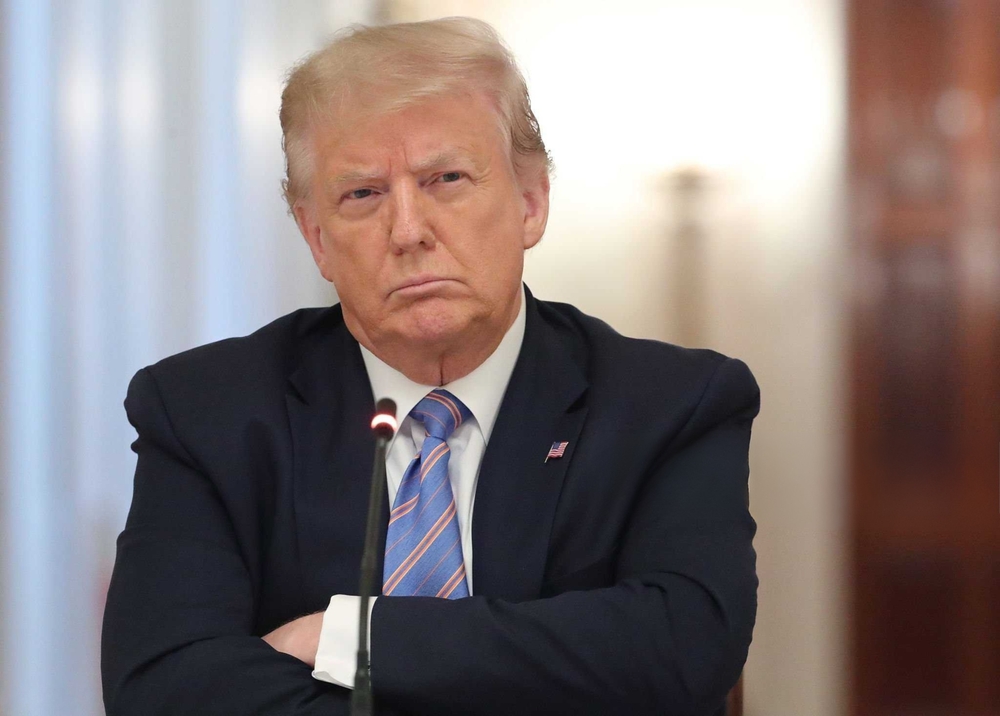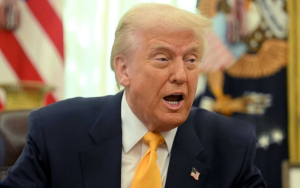U.S. Treasury Secretary Scott Bessent criticizes Spain for falling short on defense spending.
Others are reading now
Spain came under fire this week from U.S. Treasury Secretary Scott Bessent, who called out Madrid for failing to meet its NATO defense spending targets and for imposing what Washington sees as unfair taxes on American tech giants.
In a meeting with Spanish Economy Minister Carlos Cuerpo in Washington, Bessent highlighted “the need for greater defense spending by Spain in the context of NATO,” according to an official statement from the U.S. Treasury.
U.S. President Donald Trump has repeatedly put pressure on European allies to increase military contributions and reduce their reliance on American security support. Trump has long warned that the U.S. may not come to the aid of NATO members who don’t meet spending commitments.
Spain Among NATO’s Lowest Defense Spenders
According to Politico, Spain currently spends just 1.32% of its GDP on defense—far below NATO’s 2% target. That places Madrid near the bottom among the alliance’s 31 member states.
Also read
While Spain has promised to hit the 2% mark by 2029, Bessent’s comments suggest the U.S. wants to see faster progress.
Trump has made NATO burden-sharing a key part of his foreign policy approach, accusing European nations of leaning too heavily on American military power.
His threats to withhold support from countries that don’t meet the 2% target have shaken NATO unity in the past — and appear to be a continued pressure point in his second term.
Digital Tax and Trade Tensions Also on the Table
Defense spending wasn’t the only sore spot. Bessent also criticized Spain’s digital services tax, which requires large tech companies — many of them U.S.-based — to pay more in local taxes.
The White House sees the policy as unfairly targeting American firms like Google, Amazon, and Meta.
Bessent also mentioned “other non-tariff barriers” affecting U.S. goods in Europe, adding to the ongoing trade friction between Washington and Brussels.
Earlier this month, Trump imposed a 20% tariff on imports from the European Union, citing unfair trade practices.
Spain Hopes for a Deal Before Tariff Clock Runs Out
Despite the criticism, Spain’s Economy Minister Carlos Cuerpo sounded optimistic after the meeting. Speaking to the Spanish press, he said Bessent had shown interest in finding common ground.
Bessent has expressed his desire to reach an agreement with major trading partners, such as the European Union,” Cuerpo said. “We are convinced that [European Commissioner for Trade and Economic Security Maroš] Šefčovič will be able to reach a balanced, fair, and mutually beneficial agreement.
With the U.S. tariff pause set to expire in July, time is short for European negotiators to strike a deal.
For now, the Trump administration’s stance on both security and trade shows no signs of softening — and Spain, caught in the middle, is feeling the pressure on multiple fronts.



